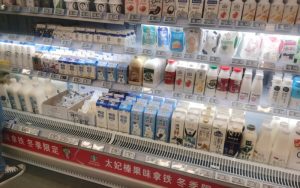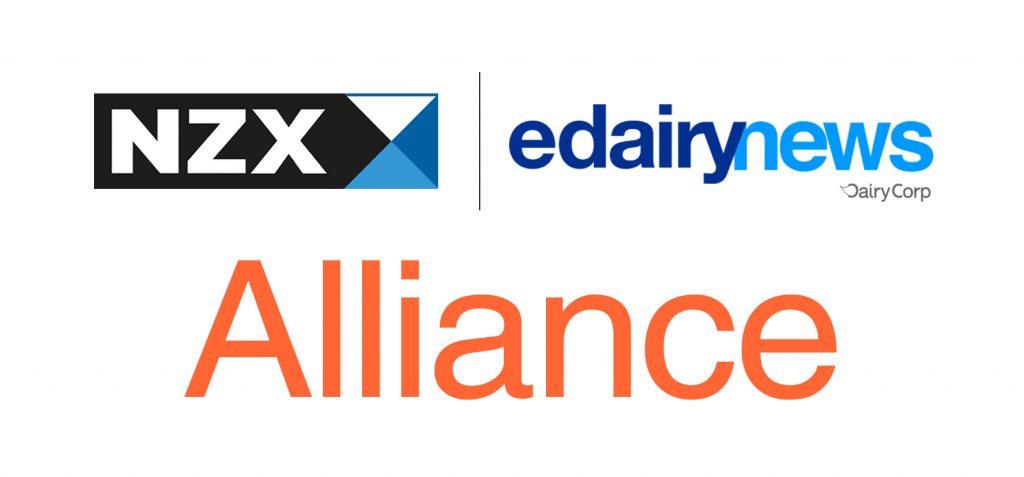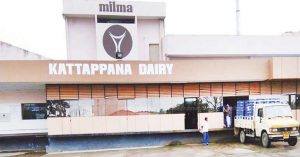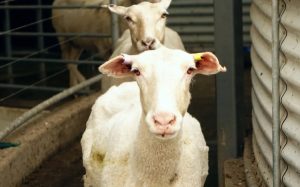The chief minister launched the AP Amul Palavelluva project in Guntur district through video conference from the CM’s camp office on Friday. Interacting with dairy farmers, Jagan said that the government is setting up bulk milk chilling units (BMCUs) and automatic milk collection units (AMCUs) at an expenditure of Rs 4,000 crore to strengthen the Amul project.
He further said that quality animal feed will be supplied to dairy farmers through Rythu Bharosa Kendras in coming days. “Our government is committed to empower women. We will make them lead from the front in all sectors including the dairy,” said Jagan.
Discussing the Amul project, the chief minister said that the project started in 400 villages in Chittoor, YSR Kadapa and Prakasam districts in the first phase. He said the Amul will start procuring milk from 129 villages in Guntur district and another 174 villages in Chittoor district from Friday.
He said women in 400 villages were getting Rs 5 to Rs 7 per litre more than the existing price and that Amul has been paying remunerative price in the market as it stands eighth in the IFCN’s rankings. He said Amul, which is a cooperative movement, is paying more than the existing price per litre and distributes the profit to the stakeholders once in every six months. He said that Amul could pay high prices thanks to its highest processing standards.
41,44,000 litres of milk was collected from 10,871 women dairy farmers in 400 villages of Chittoor, Kadapa and Prakasam districts in the last five months, the chief minister said while adding that Amul has paid Rs 3.52 crore more than the existing price to the women dairy farmers since the launch of the programme. Amul MD RS Sodhi assured farmers of extending fullest support from the dairy.
Meanwhile, the Andhra Pradesh government is currently working on bringing down the unorganised sector’s involvement in the milk industry, which currently stands at 76%. The national average for the same is around 50%.
The current marketable milk surplus in the state is 288.5 lakh litres per day (LLPD). The unorganised sector contributes 219.3 LLPD. The remaining is procured by government cooperative dairies (21.7 LLPD) and private dairies 47.5 LLPD.

















